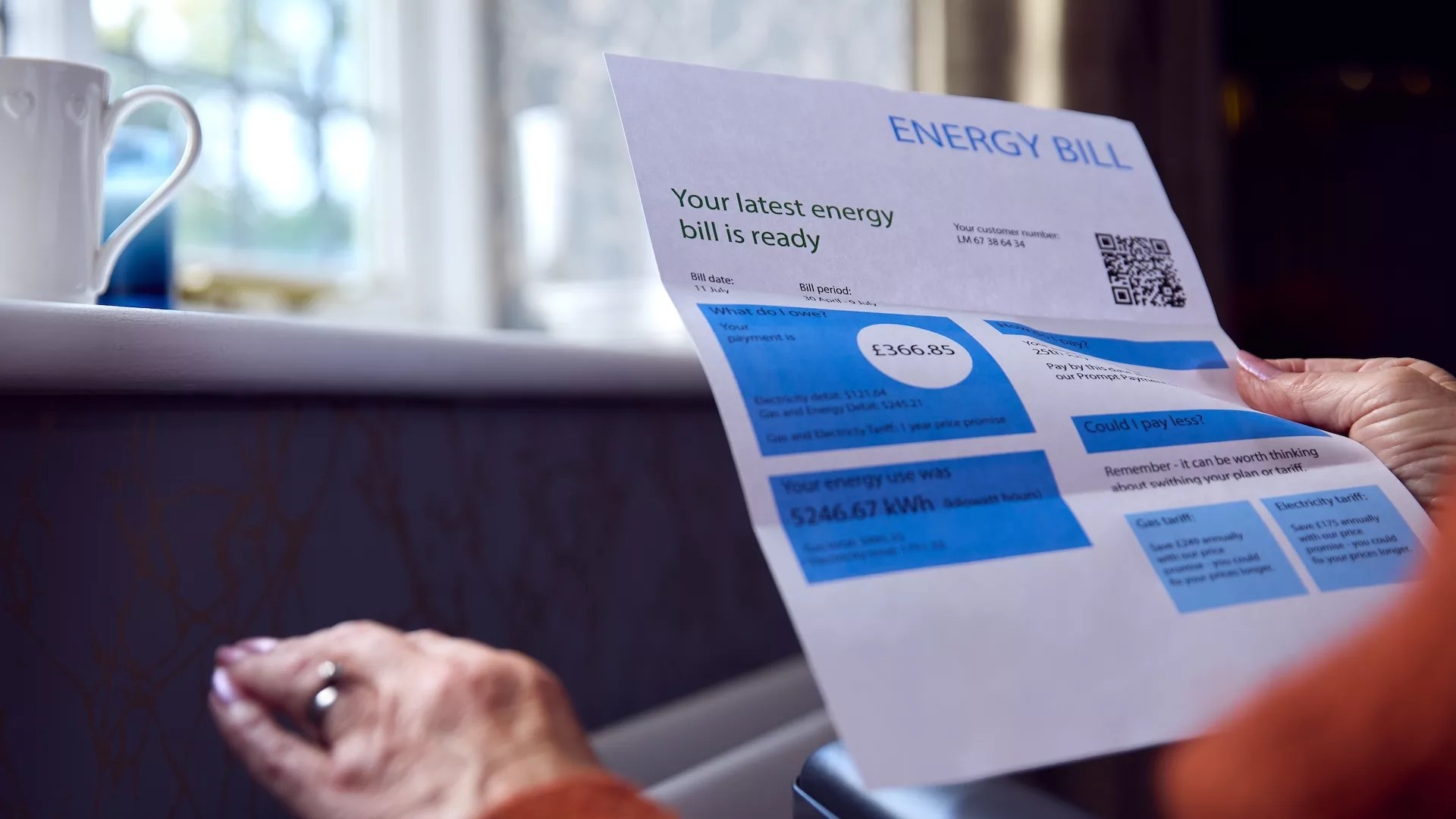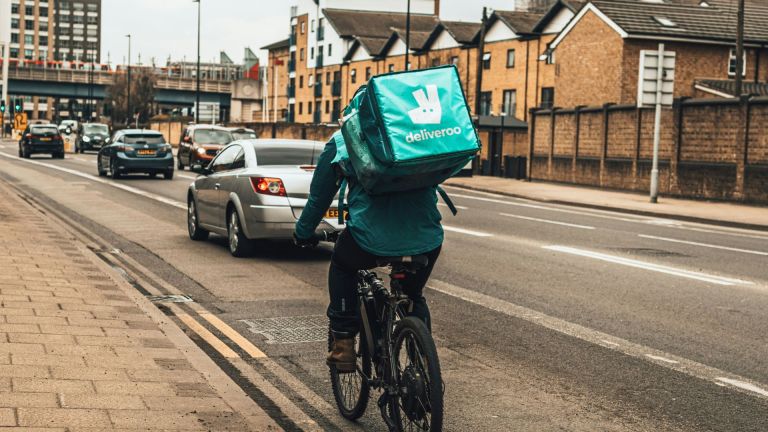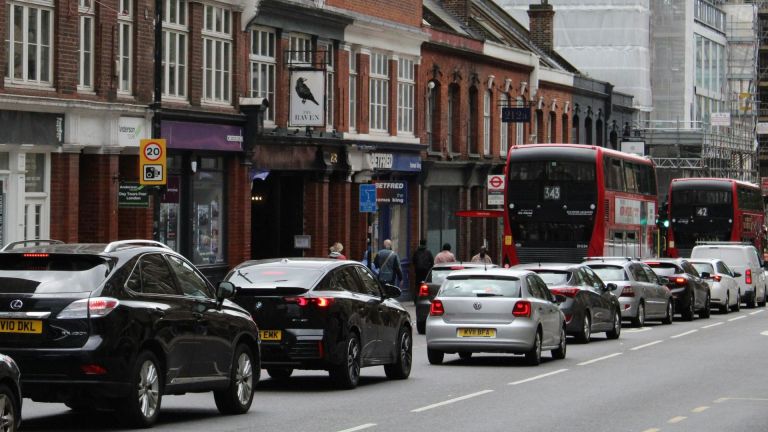In parliament recently, MPs debated a petition I created for the introduction of an energy grant for people with a disability or serious medical condition. The petition, which gained over 16,000 signatures, prompted MPs to launch an additional survey of over 10,000 people on cost-of-living payments ahead of their debate. The results were bleak.
Some 93% of respondents said they have had to limit their use of energy, 76% have limited their use of transport and 60% limited their use of specialist equipment. For disabled people, those who are sick and their carers, whose health and quality of life often depends on energy-hungry, medical equipment and who need to travel to health appointments frequently, this is a dire situation to be in.
This summer, around six million people across the UK will receive the government’s disability cost of living payment of £150. But this is not enough. Millions of UK citizens have a disability or serious medical condition that means they have to use more energy, like ventilators, feeding tube pumps or to charge wheelchairs.
Your support changes lives. Find out how you can help us help more people by signing up for a subscription
Scope’s latest disability price tag report found that the average disabled household faces an extra £975 a month in costs. In a cost of living crisis which has seen our bills skyrocket, food prices reach record heights, and an underfunded NHS which is struggling to cope, the government are failing to support disabled people, and we are paying the price.
Caring for disabled loved ones is a full-time job, but it still remains hugely overlooked. Carers UK estimate that there are 10.6 million unpaid carers across the country. Despite saving the exchequer £132 billion a year, unpaid care is not recognised by the health or social care arms of the state. Even before the cost of living crisis, Carers UK found that 2 in 5 carers were struggling financially. Carers like myself are struggling to make ends meet, our love and care alone isn’t enough – we need help and recognition.










